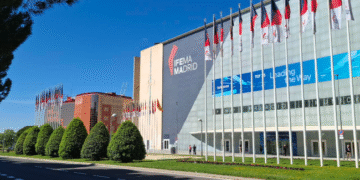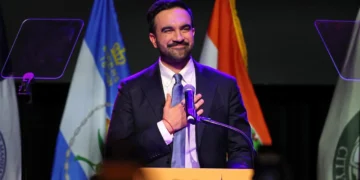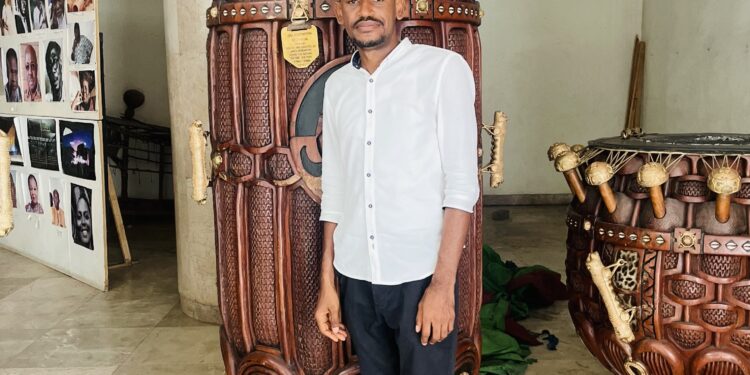By: Sia Kutiyah James
The National Theater in Ghana, a project initiated by the late former President Jerry John Rawlings and completed in 1992, stands as a tribute to the country's rich cultural heritage and commitment to promoting the performing arts. Serving as a platform for artistic expression and a symbol of national pride, the National Theater hosts a wide array of cultural events and performances.
During his visit to Ghana, Mr. Murtala Kamara, the founder of Salone Jaboree and Salone Adventure, had the privilege of delving into the history and unique features of the National Theater. Accompanied by Ms. Winnifred Acquah, an intern fashion designer at the theater, Mr. Kamara was treated to an exclusive tour guided by the experienced Mr. Samuel Darko.
Exploring behind the scenes, they uncovered the meticulous preparations that take place in the changing room, where performers transform their appearance before stepping onto the stage to captivate the audience with their talents.
The main auditorium, a spectacle in itself, boasts a camera room, backstage area, and a striking lift that elevates and descends the front stage, offering a versatile platform for a myriad of performances. With a sophisticated lighting control room and sound room, the theater ensures an immersive and engaging experience for all spectators.
A standout feature of the National Theater is the VIP room, a reserved space for distinguished guests like the president and ministers. This exclusive area, furnished with plush seating and tables, remains locked until the arrival of these esteemed visitors, though many opt to sit in the front row for an up-close encounter with the enthralling performances.
The upper section of the auditorium houses essential elements that enhance the overall ambiance. The lighting system, managed from the light room, bathes the stage in illumination, while the central air conditioning system maintains a comfortable environment for both performers and guests.
Amy Appiah Frimpong, the current executive director of the National Theater, plays a vital role in upholding the institution's legacy. Despite challenges in consistently showcasing performances and securing adequate funding, the theater continues to be a cultural cornerstone, often sought after for weddings, receptions, and religious programs.
Kamara's visit to the National Theater not only highlights his appreciation for the arts but also underscores the cross-cultural significance of exploring and celebrating artistic expressions in diverse settings.



































